US Braces for Potential Military Action in Nigeria as Trump Raises Alarm Over Religious Violence
- by Muhammed, Abuja, RNG247
- about 21 hours ago
- 110 views
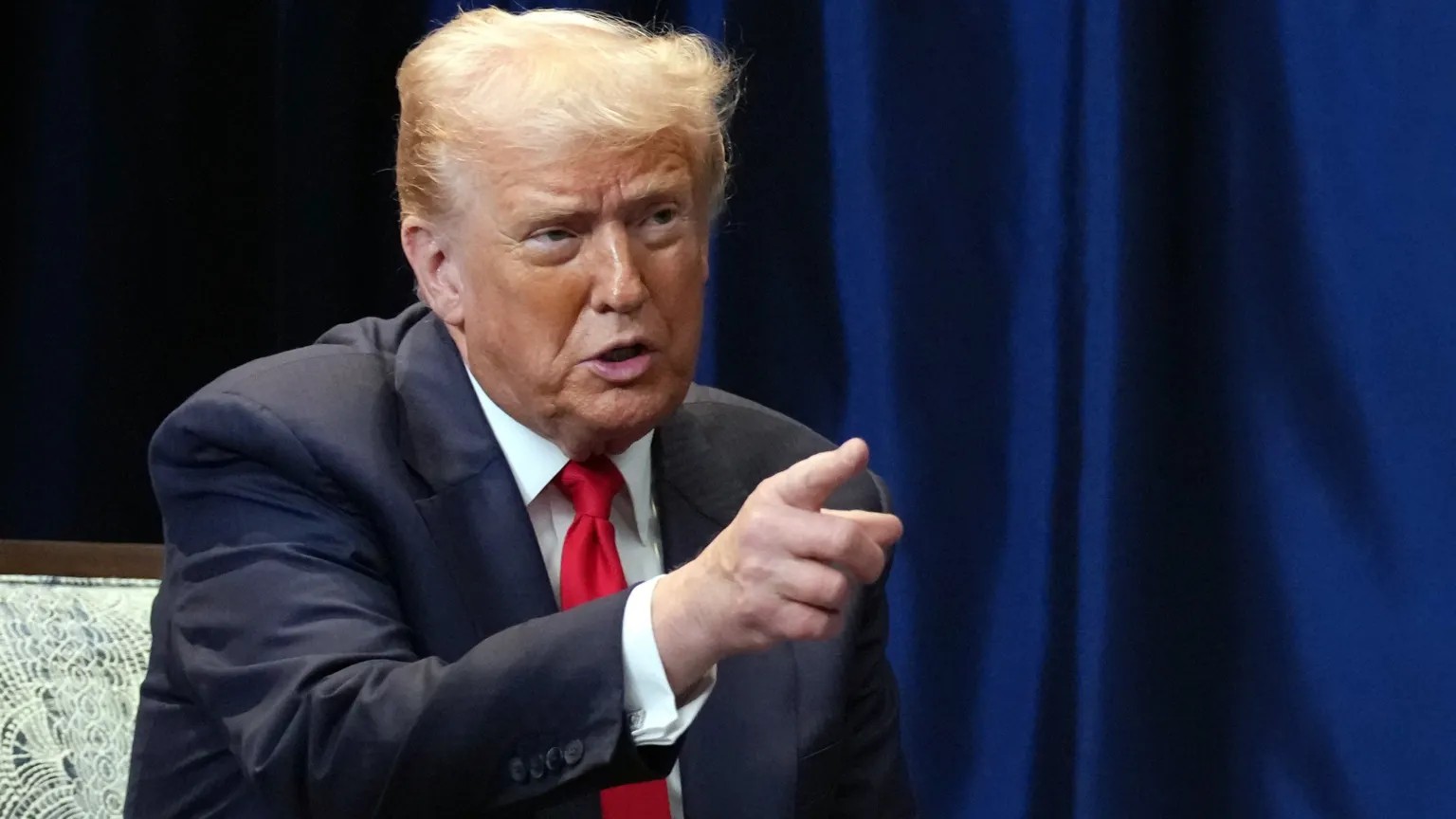
In a stunning turn of events, President Donald Trump has issued a directive to the US military to prepare for possible intervention in Nigeria, citing concerns over the alleged persecution of Christians in the West African nation. This unprecedented move has sent shockwaves through diplomatic circles and raised questions about the potential for American military involvement in yet another foreign conflict.
Trump's declaration came via a fiery social media post on Saturday, where he stated he had instructed the "Department of War" to ready itself for action. The President's choice of words, harking back to the pre-1947 name for the Department of Defense, added a layer of historical weight to his pronouncement.
"If we attack, it will be fast, vicious, and sweet, just like the terrorist thugs attack our CHERISHED Christians!" Trump wrote, employing his characteristic blunt rhetoric. He further threatened to cut all aid to Nigeria, which he referred to as a "now disgraced country," unless the government took immediate steps to protect its Christian population.
The President's claims of widespread violence against Christians in Nigeria have been met with skepticism from violence monitoring groups, who assert that there is no evidence to suggest Christians are being targeted more than Muslims in the religiously diverse nation. Nigeria, with a population split almost evenly between Christians and Muslims, has indeed faced significant security challenges, but experts argue that the violence cuts across religious lines.
Trump's assertion that "thousands" of Christians have been killed lacks concrete evidence, according to fact-checkers. However, it has found resonance among some right-wing circles in the United States, where claims of a genocide against Nigerian Christians have been circulating in recent months.
The Nigerian government, caught off-guard by Trump's statements, has responded with a mix of diplomacy and firmness. President Bola Tinubu insisted that religious tolerance is a cornerstone of Nigerian society and that the country's security challenges affect people "across faiths and regions."
Daniel Bwala, an advisor to President Tinubu, told the BBC that while Nigeria would welcome US assistance in tackling insurgent groups, any military action should be carried out in partnership with Nigerian forces. He emphasized Nigeria's sovereignty and cautioned against unilateral intervention.
"We know the heart and intent of Trump is to help us fight insecurity," Bwala stated, attempting to downplay the inflammatory nature of Trump's remarks. He expressed hope for a meeting between Trump and Tinubu to discuss the matter further.
The situation in Nigeria is indeed complex. For over a decade, jihadist groups such as Boko Haram and the Islamic State West Africa Province have terrorized the country's northeast, causing thousands of casualties. However, data from conflict analysis groups suggest that the majority of victims have been Muslims.
Additionally, central Nigeria has been plagued by clashes between predominantly Muslim herders and Christian farming communities, resulting in significant loss of life on both sides. Human rights organizations maintain that there is no evidence of Christians being disproportionately targeted in these conflicts.
Trump's threat of military action represents a departure from his previous stance of avoiding foreign entanglements. Throughout his presidency, he has often boasted about not starting new wars and has portrayed himself as a peacemaker on the global stage.
As the international community watches with bated breath, questions abound regarding the potential consequences of US military intervention in Nigeria. Would such action stabilize the region or further complicate an already volatile situation? How would it impact US-Nigeria relations and America's standing in Africa?
With the 2024 presidential election looming, some political analysts speculate that Trump's tough stance on Nigeria may be an attempt to rally his base and appeal to evangelical Christian voters, a crucial demographic in his previous electoral victory.
As tensions mount and diplomats scramble to defuse the situation, the world waits to see whether Trump's threats will translate into action or remain rhetorical bluster. Whatever the outcome, this unexpected focus on Nigeria has thrust the complex realities of the West African nation onto the global stage, highlighting the delicate balance between religious freedom, national sovereignty, and international intervention.



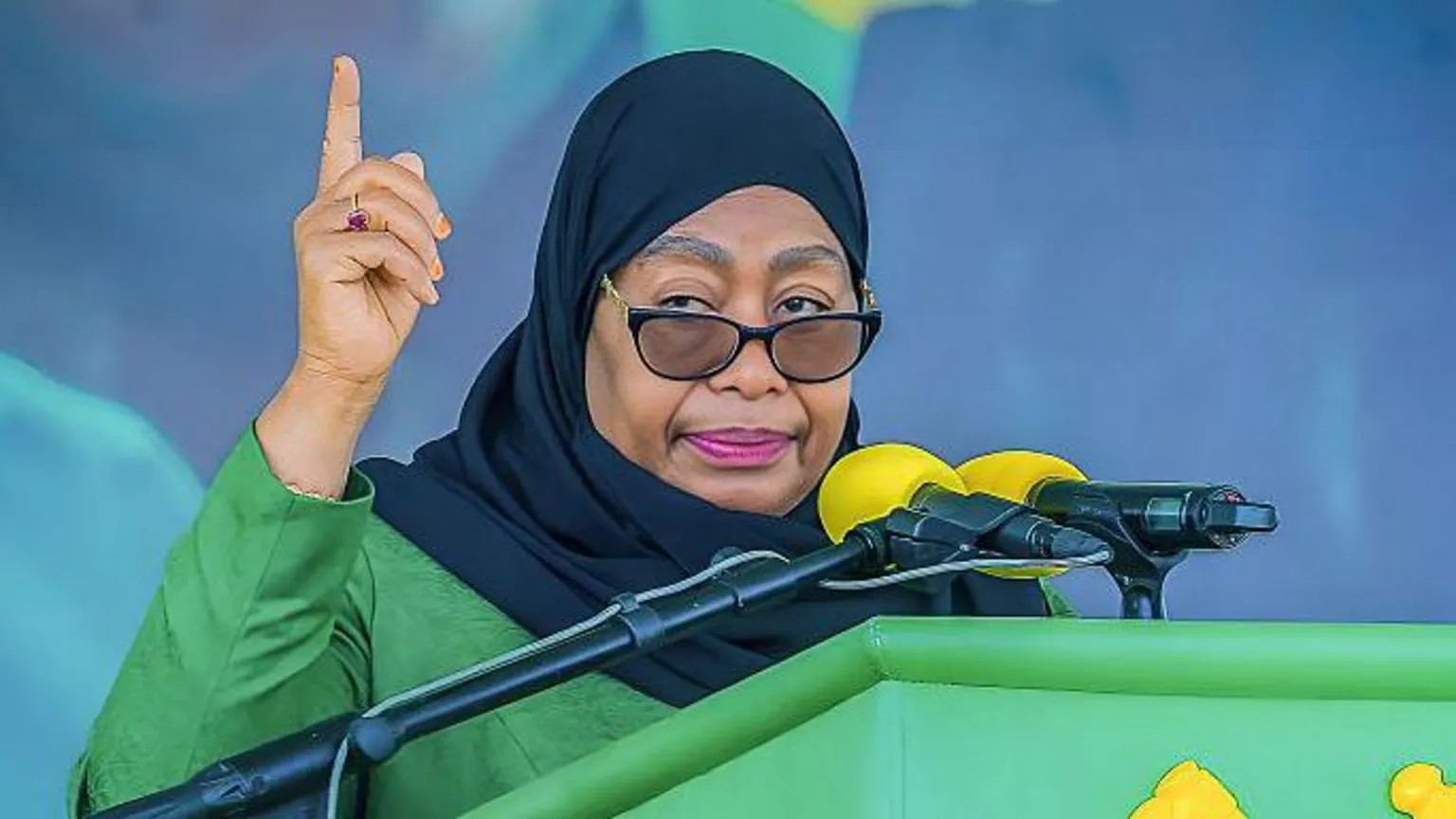
.jpeg)
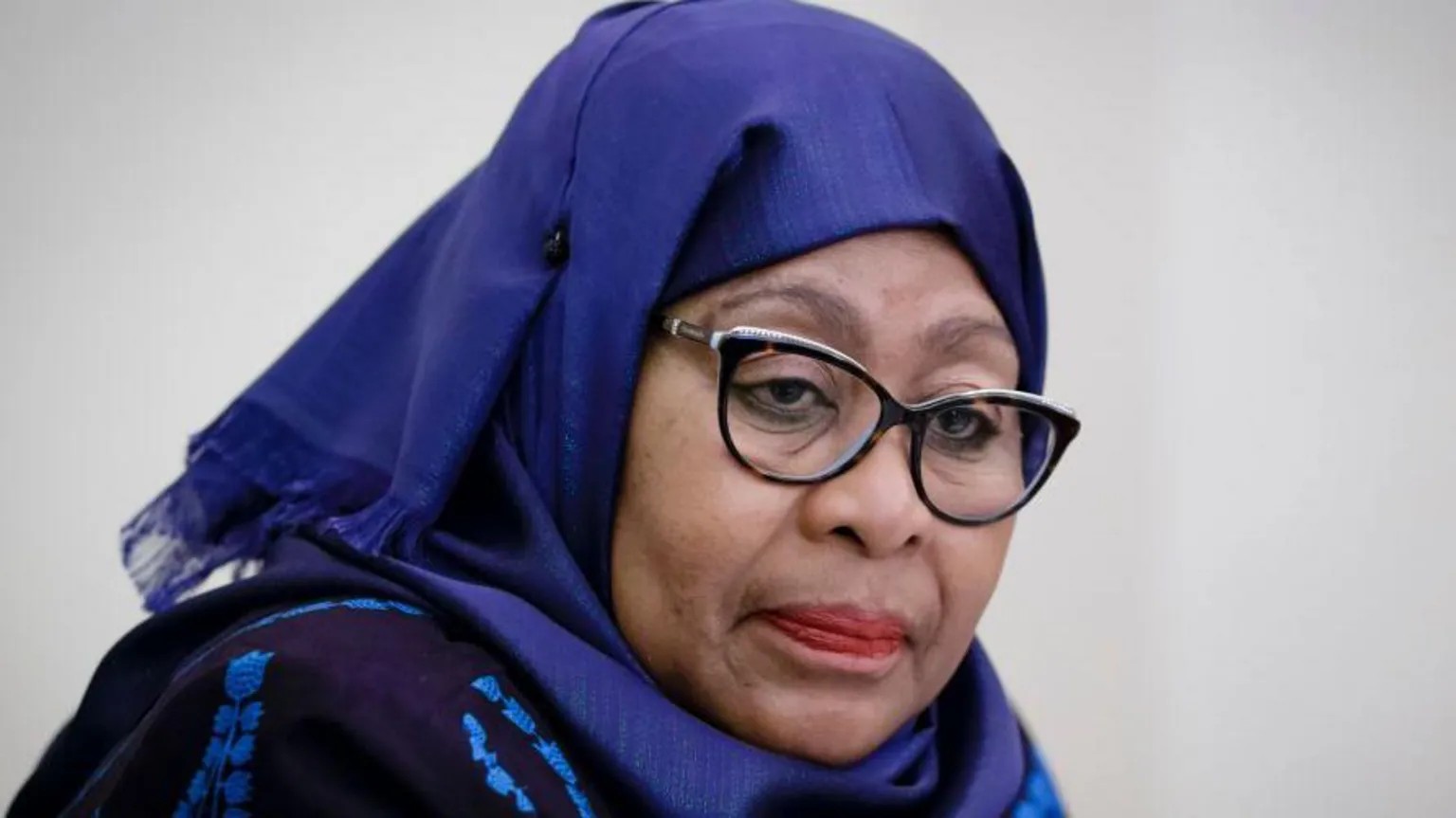
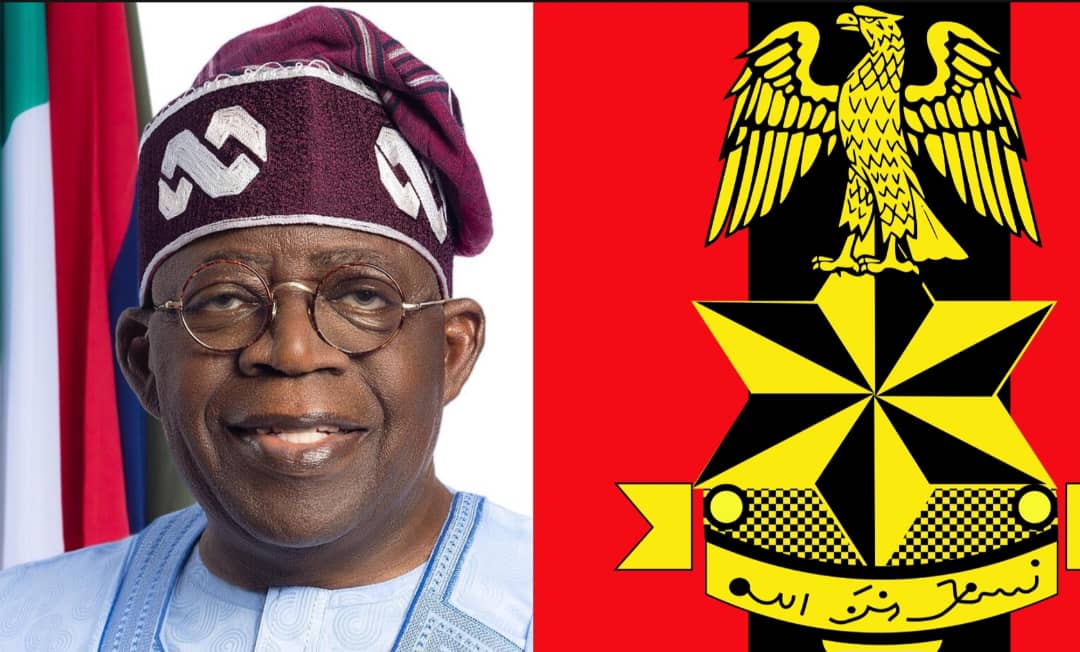
.jpeg)
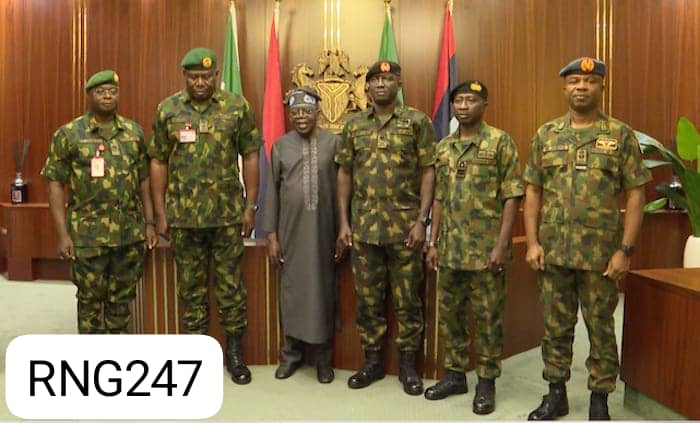
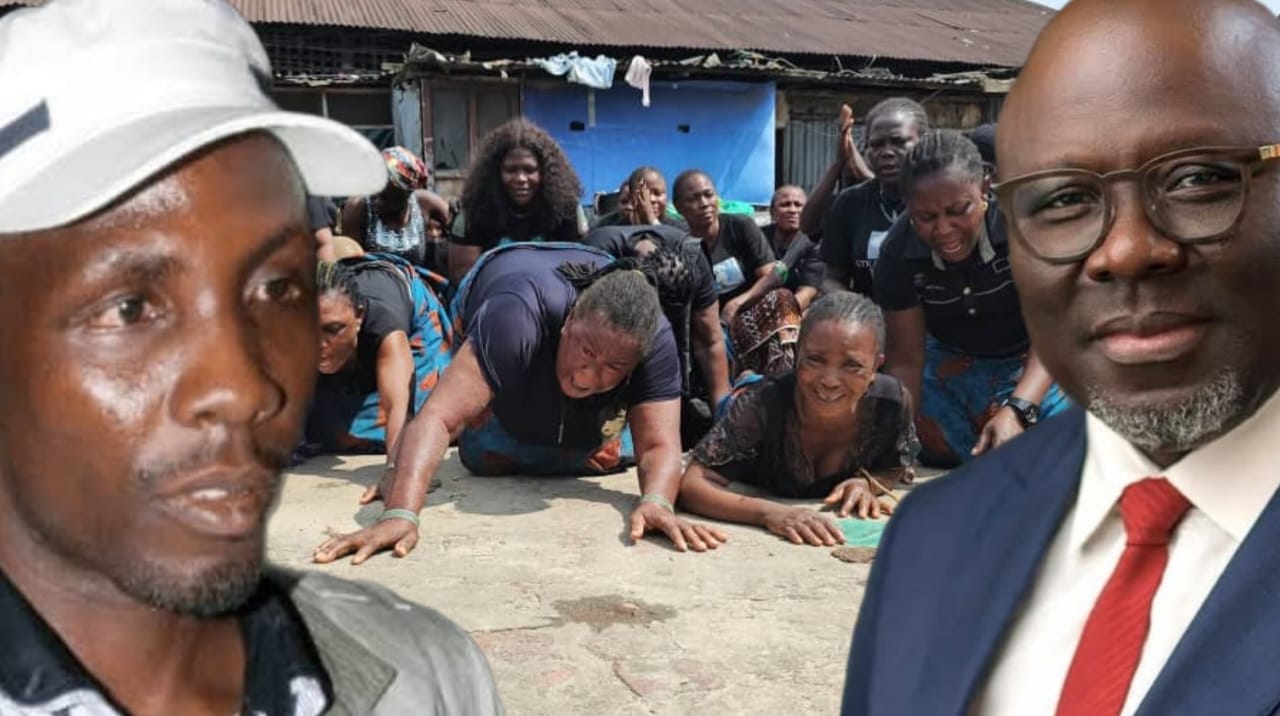
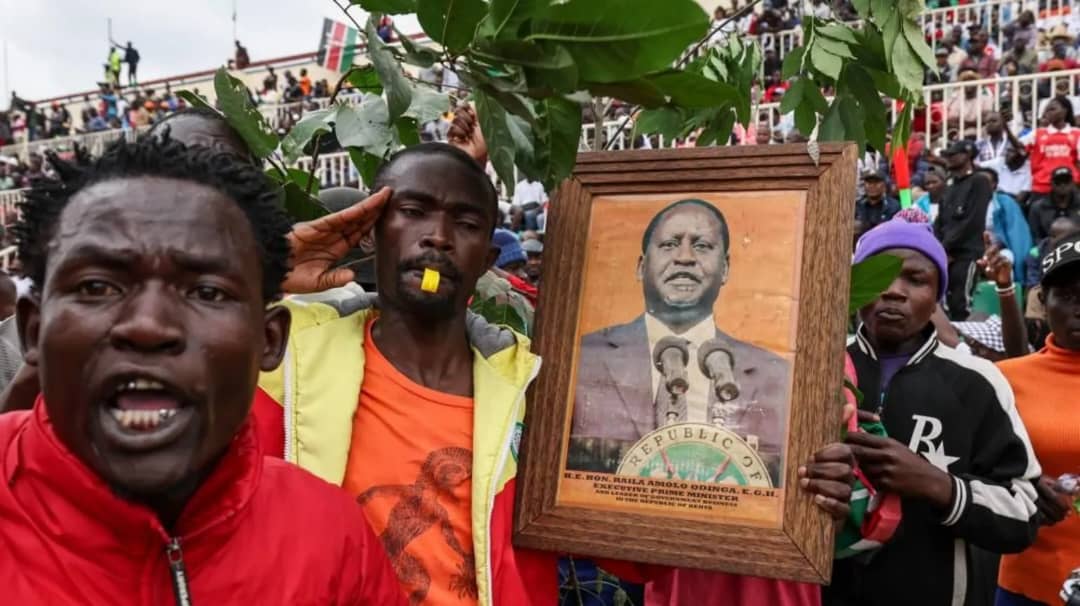
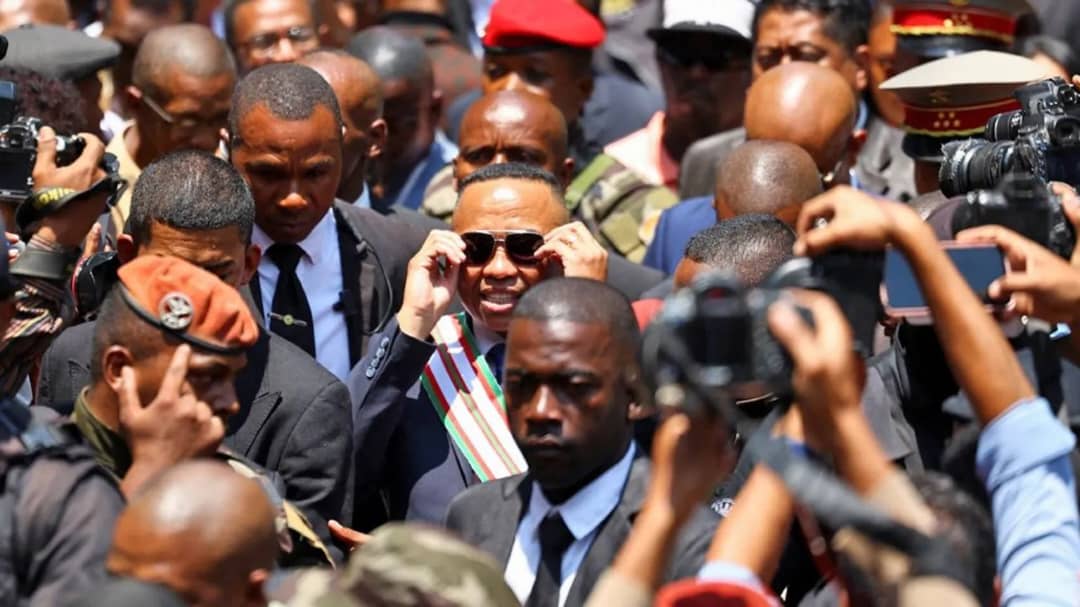
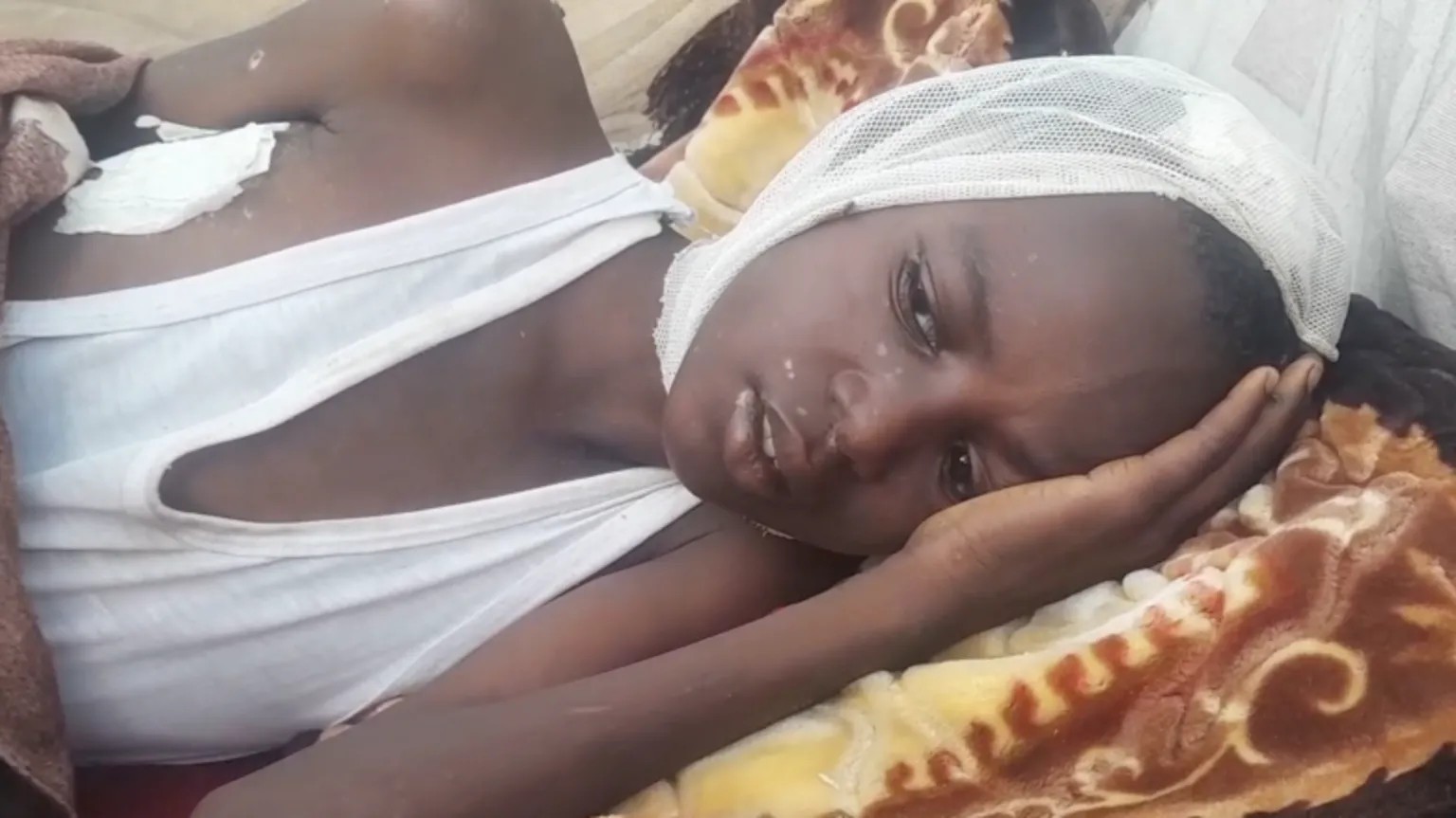
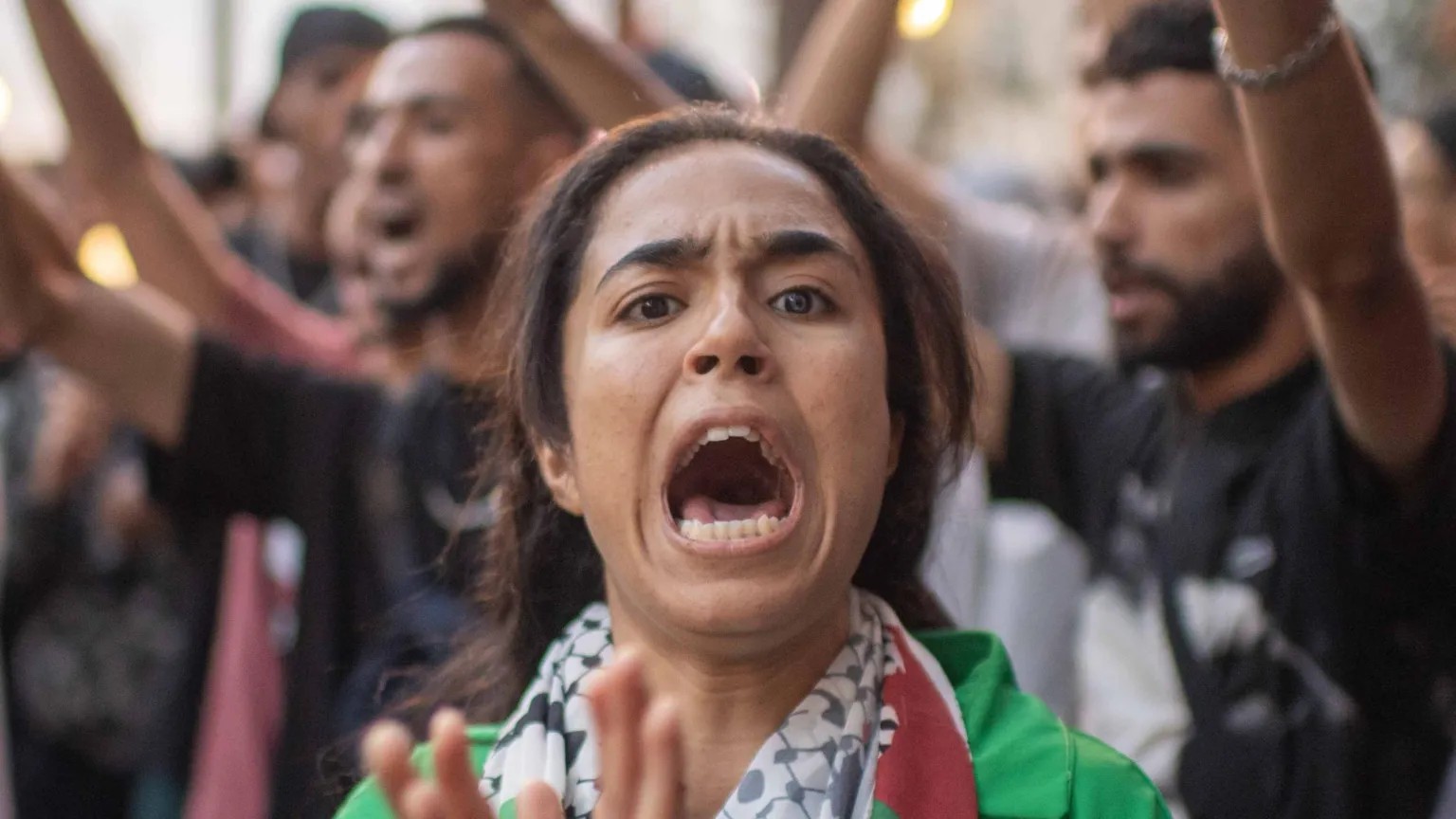
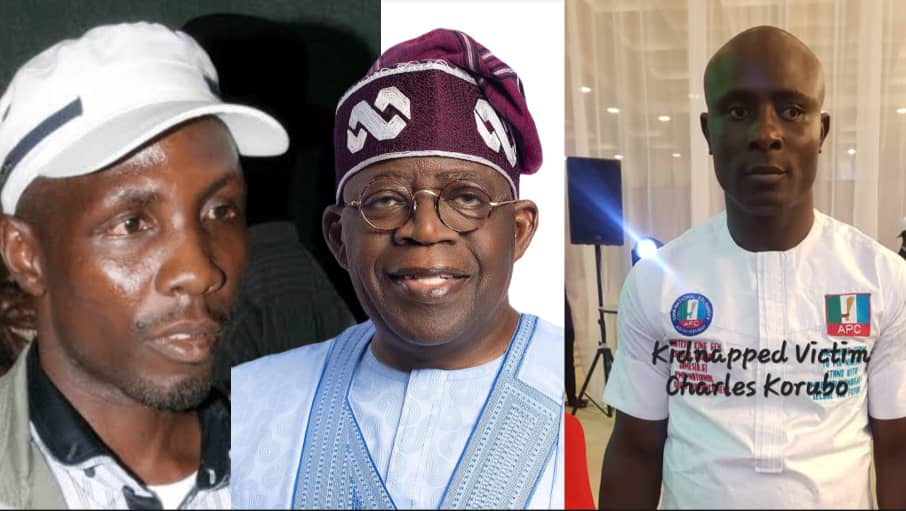

0 Comment(s)